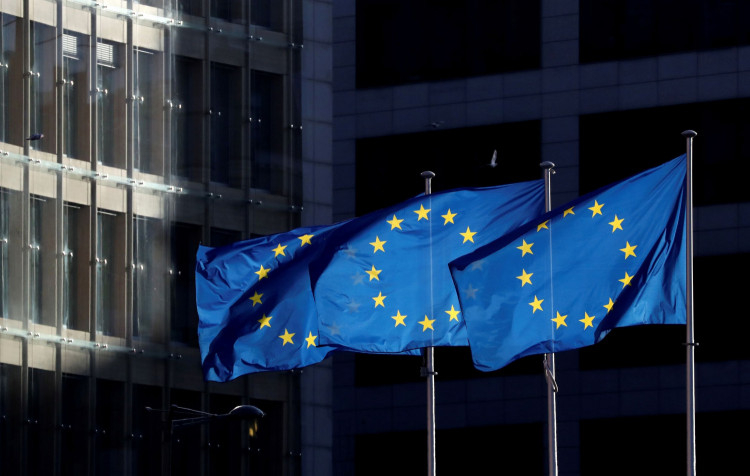The European Union faces a looming crisis that could result in a "slow and agonizing decline" unless it dramatically increases its annual investment by up to €800 billion, according to a comprehensive report by former Italian Prime Minister and European Central Bank (ECB) President Mario Draghi. The report, which was commissioned by the European Commission, outlines the severe challenges the EU must address to avoid further economic stagnation and social unrest, calling for a significant boost in spending to revitalize the bloc's productivity and global competitiveness.
In a stark warning delivered in Brussels, Draghi emphasized that the combined effects of the COVID-19 pandemic and the ongoing war in Ukraine have exposed critical vulnerabilities in the EU's economic structure. These events, he argues, have fundamentally altered the rules of international trade to the detriment of Europe, necessitating an urgent and coordinated response from EU member states.
"We are already in crisis mode, and to ignore this is to slide into a situation you don't want to have," Draghi stated, underscoring the urgency of the situation. He stressed that Europe's productivity is "weak, very weak," and that the energy crisis has highlighted the EU's dangerous reliance on external sources for vital resources.
The report, which spans 400 pages and includes 170 key recommendations, paints a dire picture of the EU's current trajectory. Draghi warns that the bloc's growth has been consistently slower than that of the United States over the past two decades, while China has aggressively subsidized its industries, allowing them to outcompete European firms. This, coupled with a declining birth rate and aging population, means that Europe can no longer rely on population growth to drive economic expansion.
"For the first time since the Cold War, we must genuinely fear for our self-preservation," Draghi cautioned. He pointed out that the EU's industrial base is stagnating, with the same companies leading in research and investment as 20 years ago. This static industrial structure, dominated by mid-technology companies, is ill-equipped to compete in a rapidly changing global economy.
To reverse this trend, Draghi calls for a sweeping increase in investment, targeting areas such as defense, digitalization, and decarbonization. The proposed €750-€800 billion annual boost would amount to approximately 5% of the EU's gross domestic product (GDP), a level of investment not seen since the 1960s and 70s. Such an infusion of capital, Draghi argues, is essential to retooling old industries and fostering the growth of new ones, particularly in the face of global trade tensions and supply chain disruptions.
European Commission President Ursula von der Leyen echoed Draghi's sentiments, stating that common European priorities must be funded by common European money. She hinted that the EU might need to consider borrowing from international bond markets for the first time to finance this ambitious investment agenda.
However, the report's recommendations are not without controversy. German Finance Minister Christian Lindner has already voiced opposition to the idea of communal borrowing, citing concerns over democratic and fiscal accountability. "The communalization of risks and liability creates democratic and fiscal issues. Germany will not agree to that," Lindner said.
Despite these challenges, Draghi's report has sparked a crucial debate about the future of the EU. Analysts warn that while the proposals are necessary, they face significant political hurdles. Lorenzo Codogno, founder of Lorenzo Codogno Macro Advisors, noted that the EU's fragmented and fragile political landscape makes it difficult to secure the necessary support for such sweeping reforms.
"The findings will trigger a crucial debate for the future of the EU/Eurozone, but there is no need to hold your breath," Codogno remarked, emphasizing the complexity of achieving consensus among member states. Nevertheless, the political debate that follows will need to be closely monitored, as some surprises cannot be ruled out.
David Roche, founder of Independent Strategy, was more pessimistic about the likelihood of the report's recommendations being implemented. He described Europe as "paralyzed by populism and incompetence at the national level," and doubted that the necessary steps to bridge the productivity gap with the U.S. would be taken.






